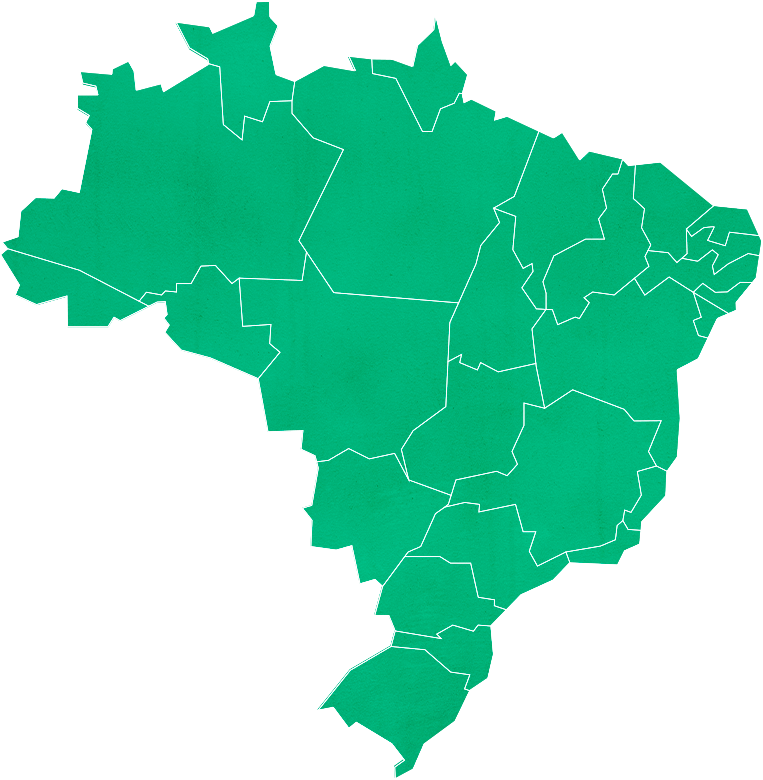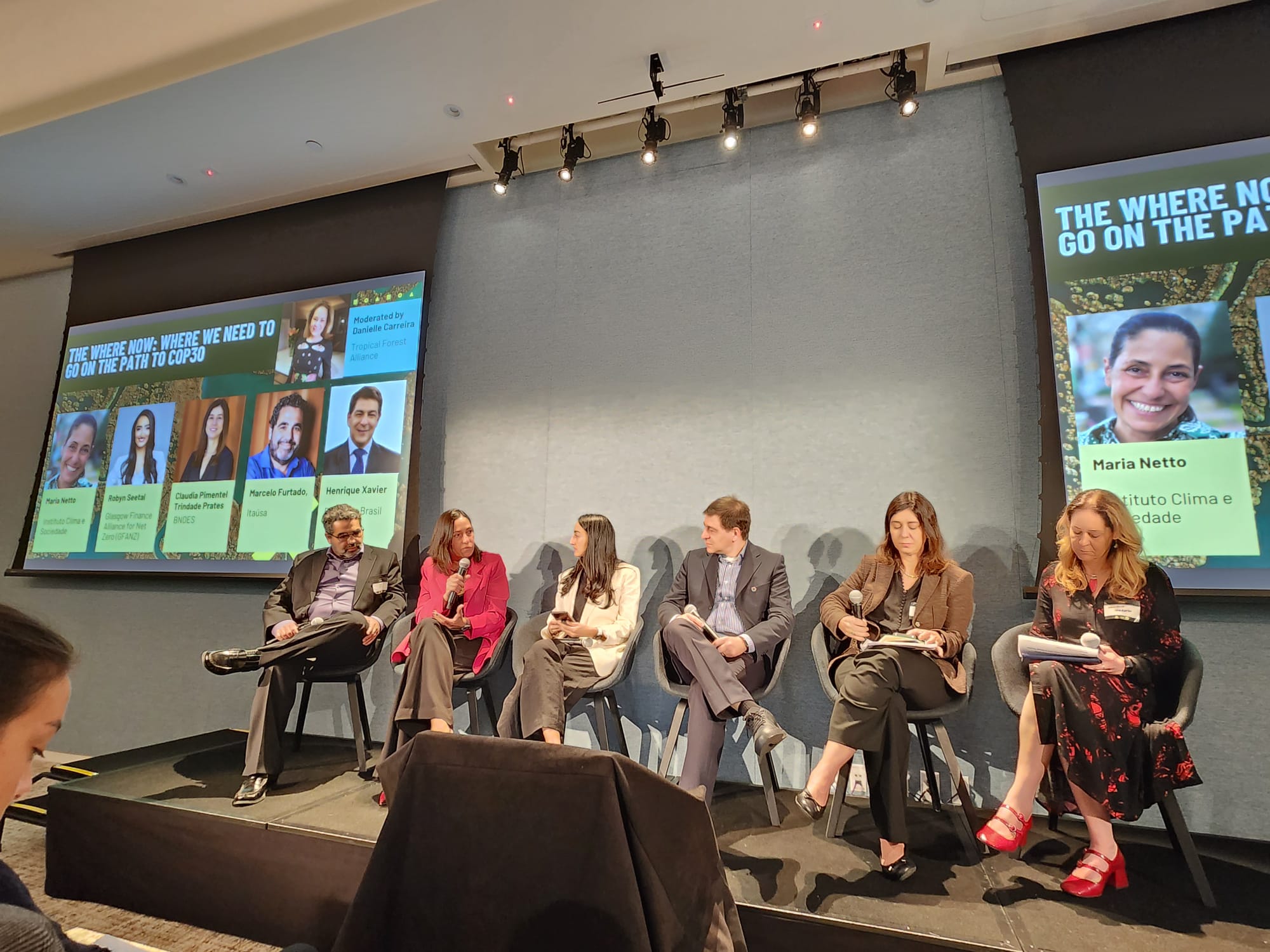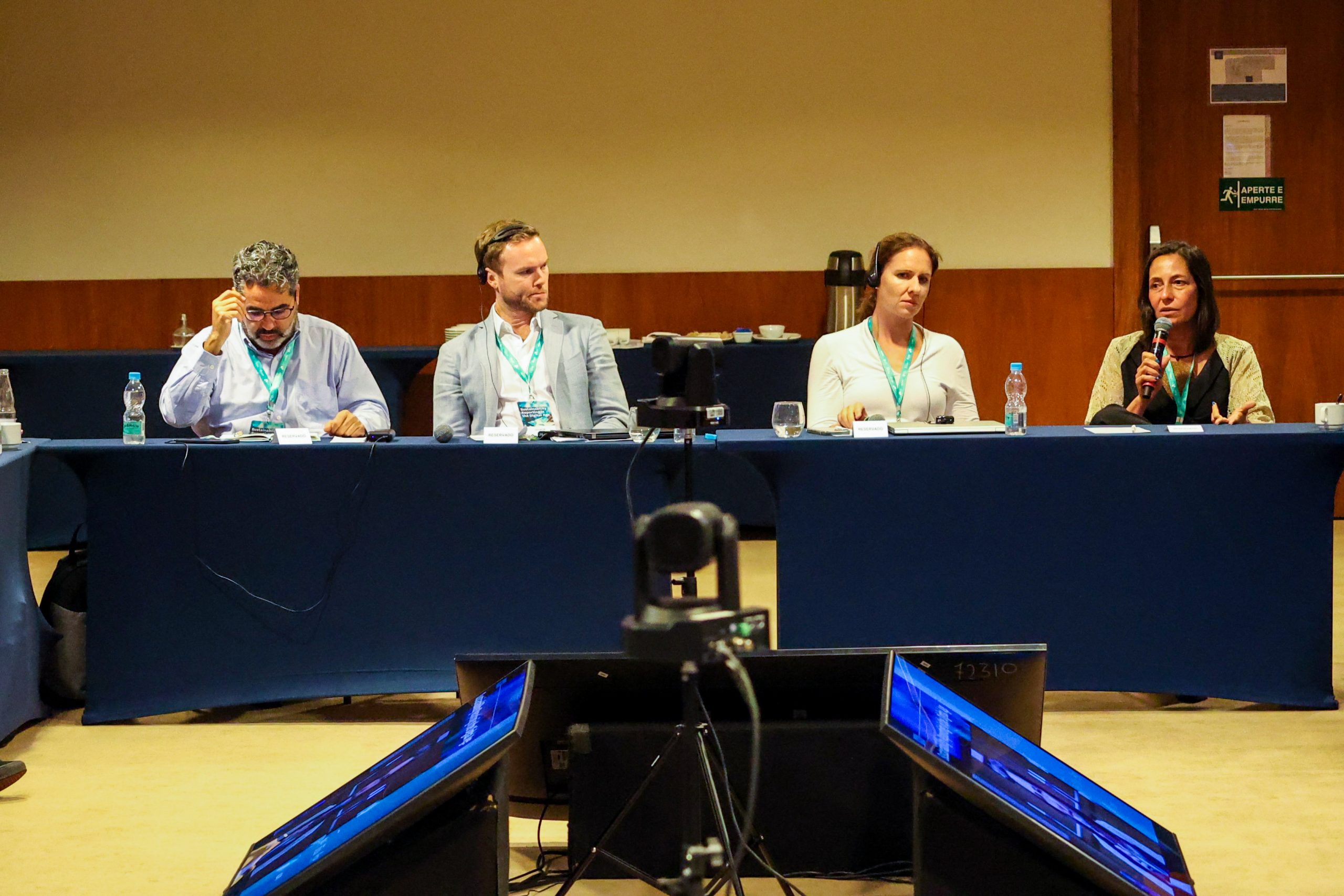Lorem ipsum dolor sit amet, consectetuer adipiscing elit, sed diam nonummy nibh euismod tincidunt.
Lorem ipsum dolor sit amet, consectetuer adipiscing elit, sed diam nonummy nibh euismod tincidunt.
Lorem ipsum dolor sit amet, consectetuer adipiscing elit, sed diam nonummy nibh euismod tincidunt.
Areas
Agents of change for climate action
Climate policy and institutional framework
Energy, industrial and transport transition
Land use transition, food systems and bioeconomy
Agents of change for climate action
In this area, the purpose of iCS is to strengthen and contribute to a society that is more active and engaged in agendas for the reduction of inequalities and social and climate justice. We work by expanding and diversifying the voices that represent the plurality of segments of society. We promote the training of climate collectives that contribute to the development of leaders who are capable of mobilizing, coordinating and multiplying the training of other agents of change in their segments.
See moreClimate policy and institutional framework
In this area, together with networks and grantee organizations, iCS works for a Brazil with effective climate policies, by strengthening institutional conditions that are favorable to the transition to a low carbon economy, such as laws, regulations, public policies, organizations and instruments of economic and financial incentives.
See moreEnergy, industrial and transport transition
The objective of iCS is to promote a model of inclusive development with low greenhouse gas emissions, based on clean energy. For this, we increase the decarbonization of the energy matrix and we encourage the expansion of renewable energy and the attraction of industrial chains that promote sustainability and the climate resilience of the Brazilian energy system and stimulate socioeconomic development with social justice.
See moreLand use transition, food systems and bioeconomy
The area operates on three interconnected and complementary fronts – the promotion of the bioeconomy, the transition of the agrifood systems and the management of the greenhouse gas emissions from land use. The focus is to align the practices of environmental conservation and restoration with economic and social development and climate resilience, generating employment and income in the field and producing food.
See more



